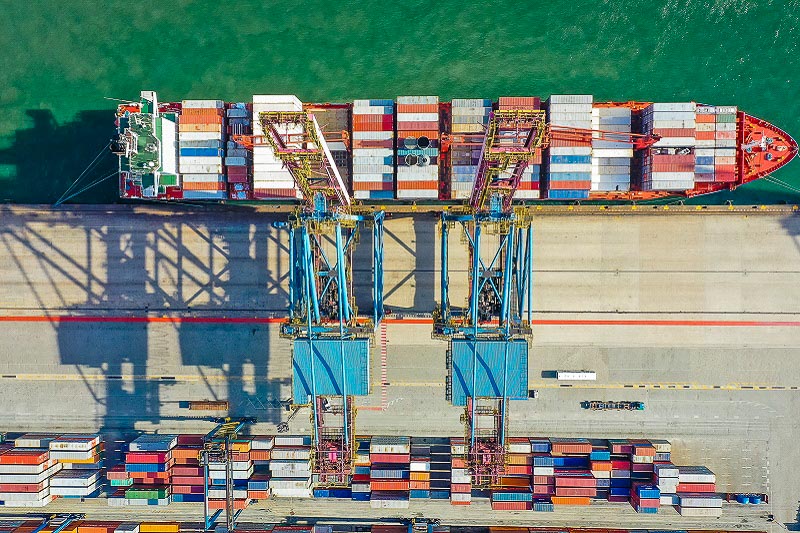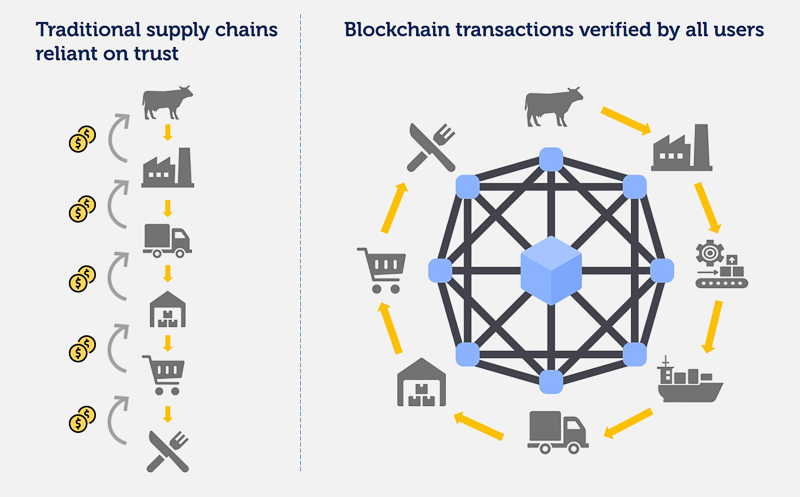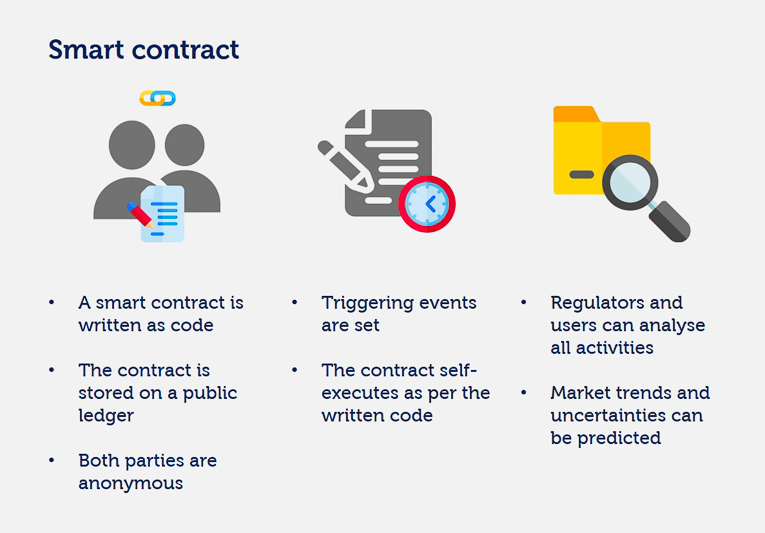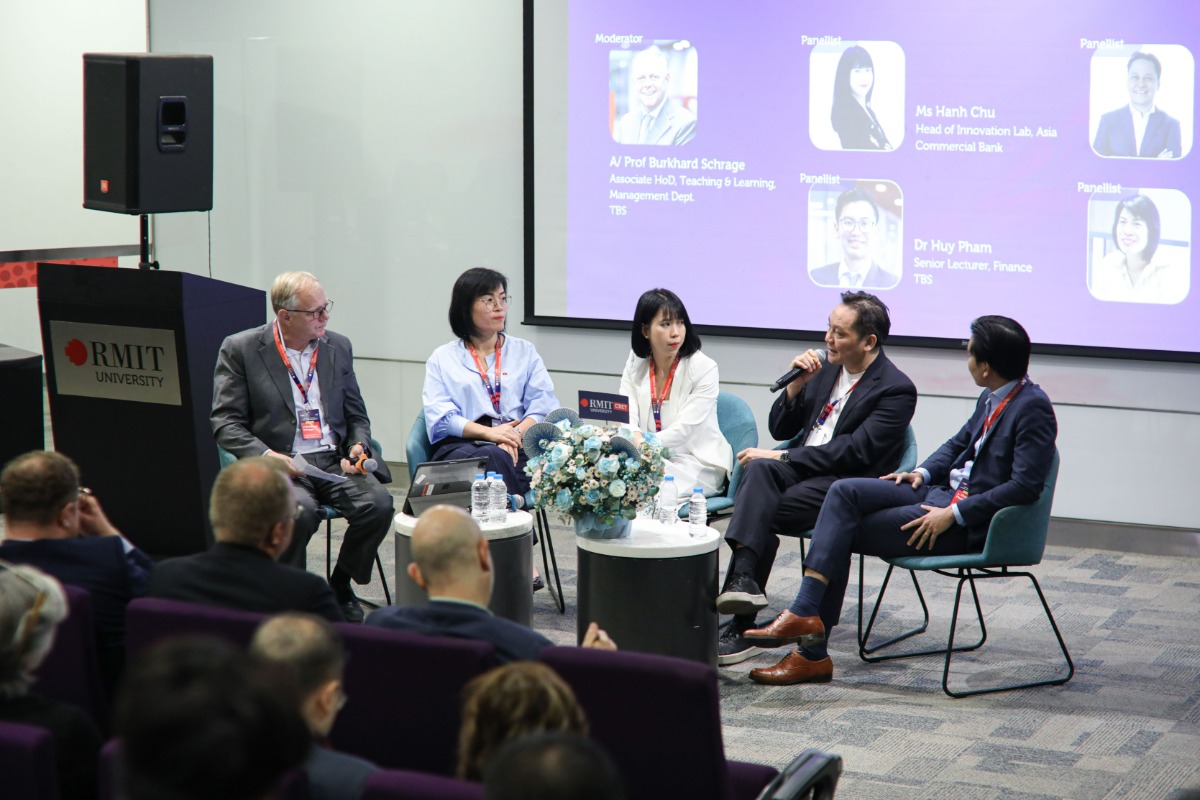Blockchain has made an impact on the global financial sector with cryptocurrencies like Bitcoin, Ethereum or Ripple.
Perhaps less known to the public is the use of blockchain in industries such as supply chain and logistics, where this technology is enjoying rising popularity thanks to its superiority in efficiency, transparency and cost reduction.
Extended visibility and production traceability
Blockchain-based supply chains allow all parties involved - from manufacturing to distribution and sales - to access reliable and verifiable information of the movement and timeline of any product.
As a decentralised peer-to-peer distributed data infrastructure, blockchain provides a high level of transparency and visibility.
This helps to guarantee product traceability, authenticity and legitimacy as the product’s origin and the required production and distribution processes cannot be altered without authorisation.
Some food, diamond and pharmaceutical supply chains have successfully applied this blockchain feature to ensure the quality and authenticity of products, as well as to execute product recalls in a much faster manner.
Digitising and disintermediation of supply chains
Supply chains in international trade are complex since they involve multiple cross-border stakeholders. Many processes are still paper-based, delaying information sharing and hindering the efficient flow of goods.
An examination by Maersk and IBM’s blockchain group found that a single shipment from East Africa to Europe could involve more than 30 people and organisations, with more than 200 different interactions and communications among them.
Blockchain solutions in maritime transport and port operations can substantially improve the digitisation of cross-border activities, resulting in efficiency and cost reduction.
It would enable tracking shipment movements, documents, and financial transactions without relying on the verification of intermediary financial organisations or manual information updates from various sources.
To illustrate, Barclays Bank reported that a blockchain-based financial clearing system can reduce a transaction process from 7-10 days to less than four hours, by removing intermediaries as in a traditional system.







